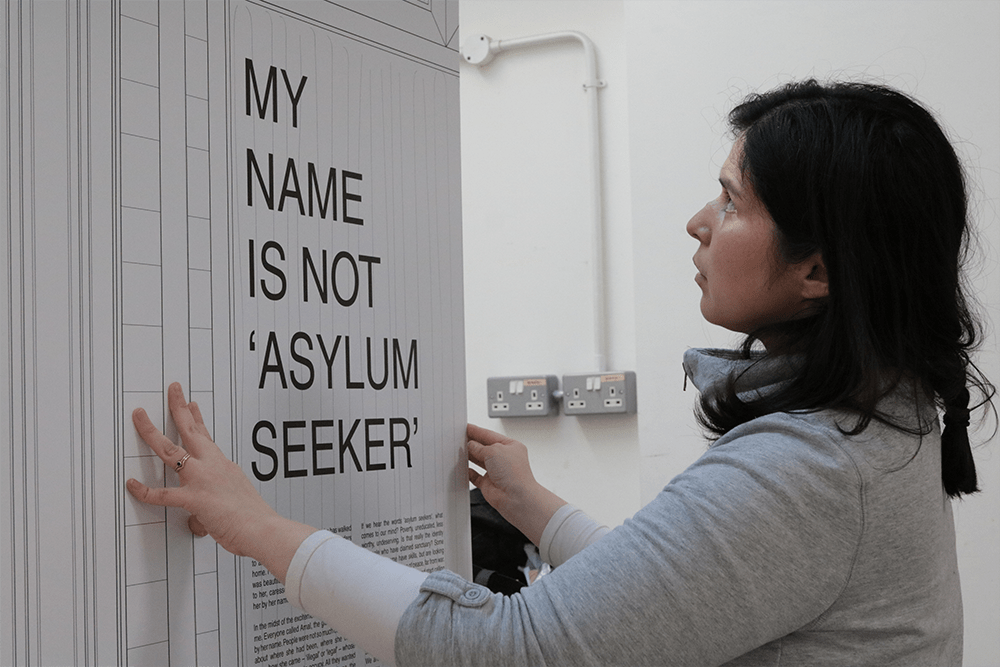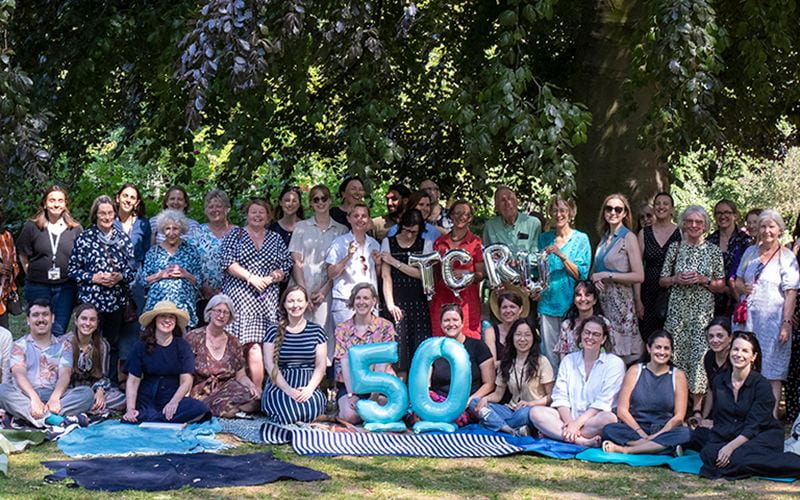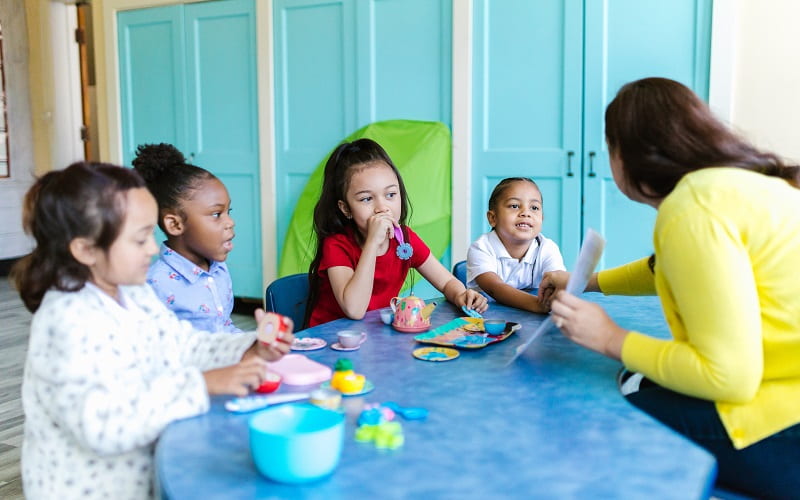To tackle exclusion we need a whole school social pedagogic approach, starting in the primary years
By IOE Blog Editor, on 5 March 2025

Credit: zinkevych via Adobe Stock.
5 March 2025
By Claire Cameron, Aase Villadsen, Amelia Roberts, Jo Van Herwegen, Vivian Hill, Dominic Wyse
Education Secretary Bridget Phillipson is right to call for “…a national effort to tackle the epidemic of school absence so we can give all children the best start in life”, but the solutions adopted by recent successive governments, especially fining parents, have not been effective. We need a rethink in how to address attendance at school. Whether through truancy, also known as skipping school, or formal exclusion, far too many children are missing out on their right to education, with potentially lifelong consequences. As many studies show, these children are more likely to be socially disadvantaged children and those with special educational needs or mental health problems. We believe an approach based around the principles of social pedagogy offers a better way forward. Our new research highlights why this needs to start in primary school. (more…)
 Close
Close










